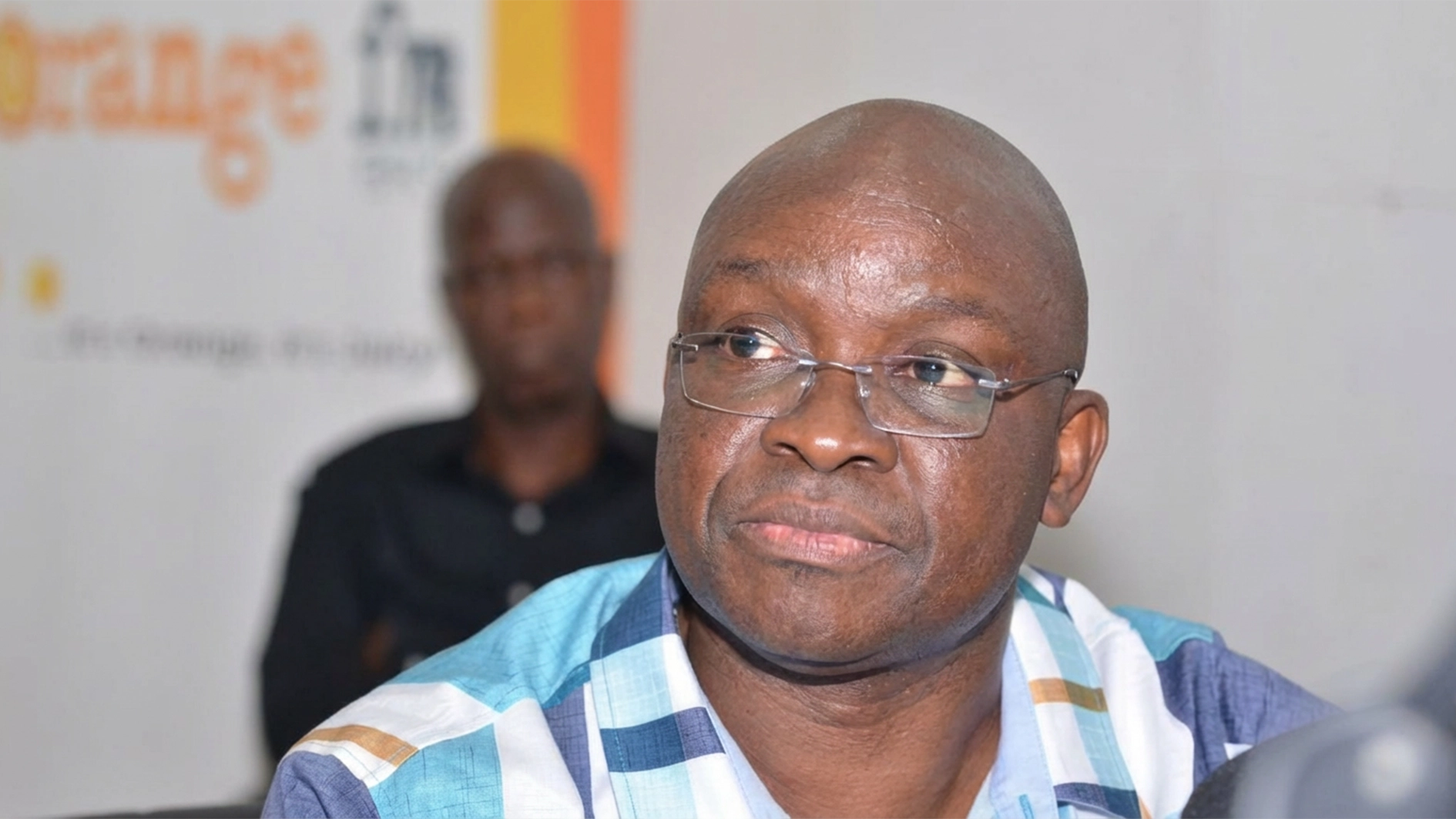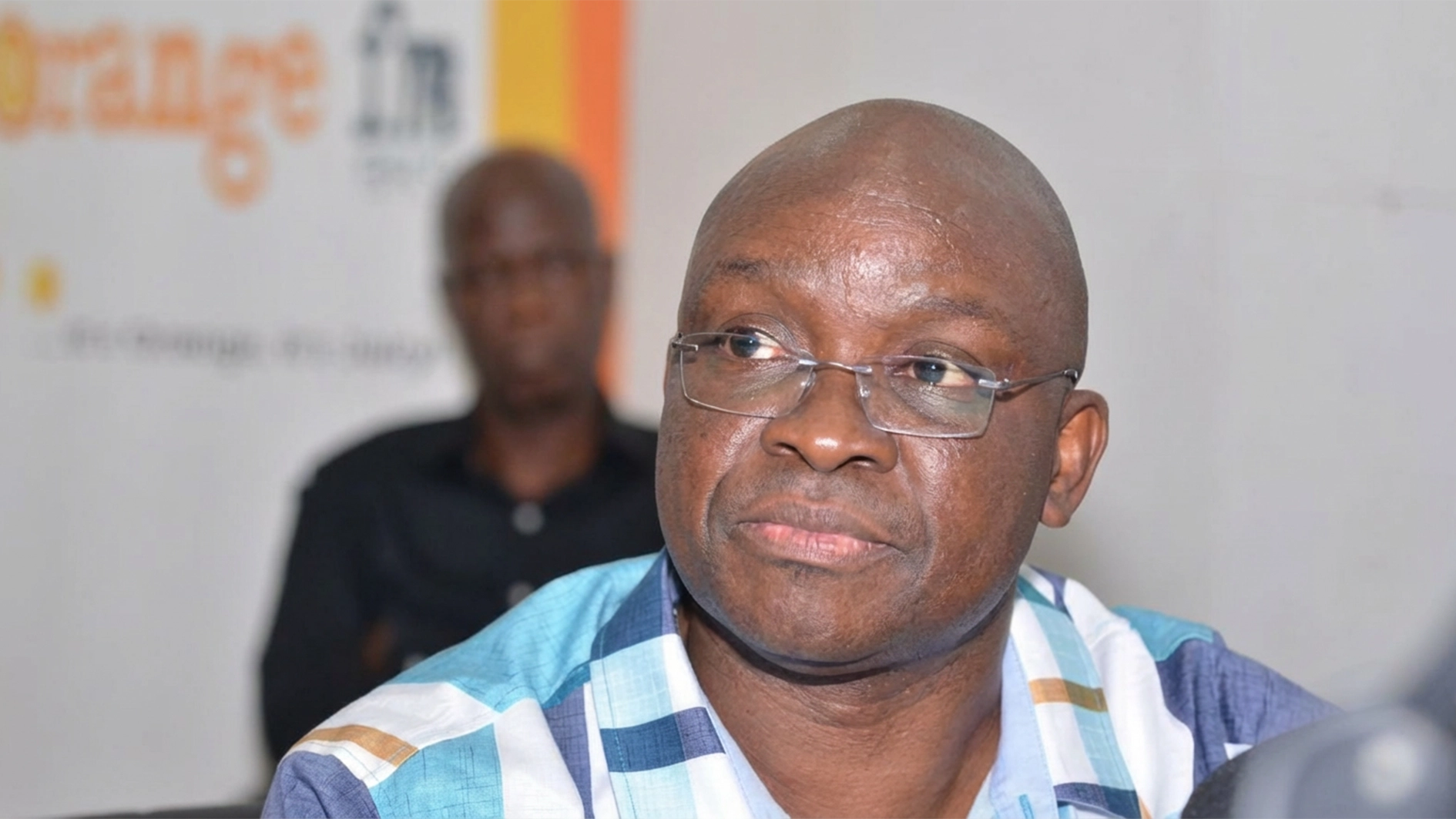The Nigerian Institute of Town Planners (NITP) has appealed to the Niger Delta Development Commission (NDDC) to include town planning in its scholarship programmes and sponsorship to address the acute shortage of professional planners in the country.
In a letter to NDDC Chairman, Chiedu Ebie, NITP President, Dr Chime Ogbonna, said Nigeria has fewer than 6,000 registered planners, equivalent to one planner for over 40,000 people. In the Niger Delta, the ratio is worse, with one planner for about 58,000 residents.
“By comparison, the United Kingdom has one planner for every 3,000 people, Australia one for 2,000, and the United States one for 7,377,” Ogbonna said. “The Niger Delta urgently requires more trained planners to guide development.”
By comparison, the United Kingdom has one planner per 3,000 people, Australia one per 2,000, and the United States one per 7,377. “The Niger Delta urgently requires a boost in training of town planners to address its unique developmental challenges,” Ogbonna added.
He argued that the region’s persistent problems, uncoordinated growth, land-use conflicts, flooding, informal settlements, inadequate infrastructure, and urban sprawl are systemic and linked to the absence of professional planning oversight.
NITP stated that outsourcing foreign experts for local development is no longer viable. “The Niger Delta urgently needs a homegrown crop of well-trained urban and regional planners-professionals equipped not only with technical knowledge but also with life experience, deep cultural insight, and critical skills in community engagement, conflict mediation, and culturally appropriate design. These local actors are best positioned to drive inclusive, sustainable and context-sensitive planning outcomes proactively.”
According to him, NDDC scholarships could support advanced degrees in urban and regional planning, producing specialists in areas such as climate resilience, infrastructure planning, spatial justice, and regional development. He added that universities and polytechnics offering the course in the Niger Delta would also benefit from increased enrollment and stronger research partnerships.
“A renewed commitment to professional development in urban and regional planning is not a luxury but a necessity for orderly, inclusive, and sustainable development of the Niger Delta,” Ogbonna wrote. “The chronic underrepresentation of trained planners in the region is a root cause of many development failures.”
According to him, urban and regional planning provides the framework for addressing such challenges, which is why the institute is proposing its inclusion in the NDDC Local Scholarship Programme. The goal, he explained, is to develop a pool of skilled physical planners capable of driving sustainable transformation in the Niger Delta.
Ogbonna emphasised that planning is central to achieving several national development goals as it provides institutional and regulatory frameworks for optimal land allocation and use. “Through zoning, development control, and spatial analysis, planners reduce land-use conflicts and promote orderly distribution of residential, commercial, agricultural, and industrial areas. This oversight is essential to manage urban expansion, protect green spaces, and maintain ecological balance in both urban and rural settings,” he noted.
He also highlighted planning’s role in coordinating infrastructure. “Roads, power lines, water systems, schools, hospitals, and housing projects are more impactful when strategically sited,” he said. “Planning ensures they function within an interconnected system that supports efficient service delivery.”
He added that planning integrates environmental considerations into development, citing tools such as environmental impact Assessments, ecological zoning, and land-suitability analysis. These, he said, are vital for mitigating flooding, erosion, and climate change impacts while safeguarding fragile ecosystems.






